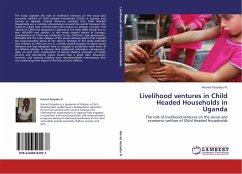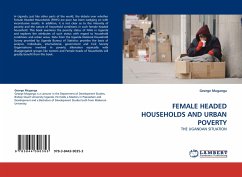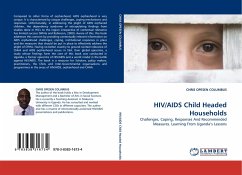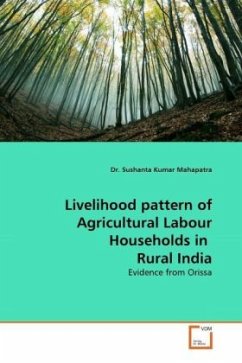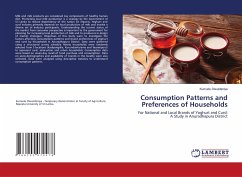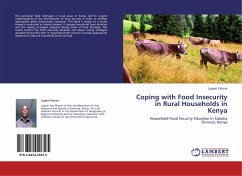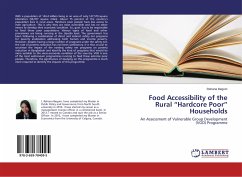The study assessed the role of livelihood ventures on the social and economic welfare of Child Headed Households (CHHs) in Lwengo Sub County in Uganda. Overall literature revealed that Child Headed Households are a common phenomenon around the world. However, the reality to which fate confines them still remains an abstract concept. First reports of CHHs first appeared in Uganda in the early I990s mainly due to war, HIV/AIDS and conflict. In the newly created district of Lwengo, manifestation of CHHs was attributed to the 1979 war, bad governance, HIV/AIDS and the total collapse of the service delivery system that crippled the socio-economic status of the district. Findings of this study indicated that children in CHHs are not in a better placed position to make sound decisions and lack adequate time to engage in productive work since all are fulltime scholars. To improve their livelihoods, education, entrepreneur skills, art and craft, construction of decent shelters, provision of health services and agricultural inputs would help a great deal. Education, however, and capacity building were recommendable interventions that can create long term impact in the lives of such children.

